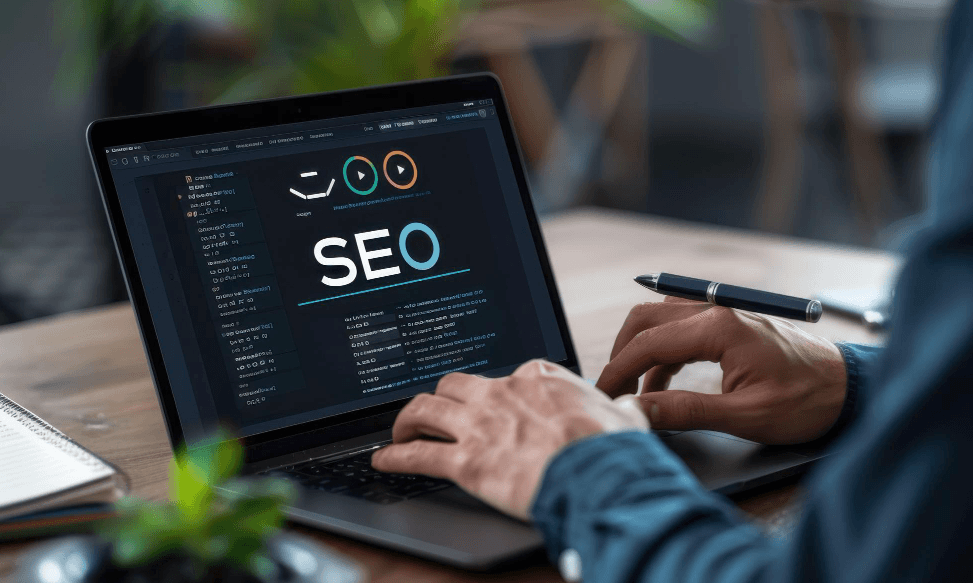SEO Basics for Beginners: Optimize Your Website for Search Engines

What is SEO and Why Does It Matter?
SEO is the process of improving website visibility in search results. The higher your website appears, the more likely potential customers are to click on it. This leads to higher traffic, more leads, and ultimately, higher revenue.
In today's competitive online environment, simply having a website is no longer enough. You need to ensure that potential customers can find it. This is where SEO comes in – a set of techniques and strategies that increase organic (unpaid) traffic from search engines.
Pillars of SEO: A Comprehensive Approach
- On-page SEO: This is about optimizing elements directly on your website. It involves research and proper use of keywords in your content, headings (H1, H2, etc.), meta descriptions, and URLs. Content quality and relevance, page structure, loading speed, and image optimization are also crucial. Essentially, it's about telling search engines and users what your page is about and why it's relevant to them.
- Off-page SEO: These activities take place outside your website, primarily focusing on building high-quality backlinks. Backlinks from authoritative and relevant websites act as "votes of confidence" for search engines. The more quality links pointing to your site, the higher its authority and trustworthiness in the eyes of search engines, which positively impacts ranking. This also includes social media activities and brand mentions.
- Technical SEO: Ensures your website is technically sound and easily crawlable by search engines. Key factors include page loading speed (Core Web Vitals), mobile-friendliness, proper URL structure, XML sitemaps, robots.txt files, canonical URLs for duplicate content, and HTTPS security. Technical issues can prevent search engines from indexing your content, even if it's otherwise high-quality.
Other Important Aspects of SEO:
- User Experience (UX): Google and other search engines increasingly consider how users interact with your website. Easy navigation, clear design, relevant content and an overall positive user experience contribute to better SEO.
- Local SEO: For businesses with a physical location, optimizing for local search (e.g., via Google My Business) is crucial for customers to find them nearby.
- Analysis and Monitoring: Regular data analysis from tools like Google Analytics and Google Search Console is essential for tracking performance, identifying issues, and adjusting your strategy.
SEO is not a one-time activity but a long-term process that requires patience, continuous learning, and adaptation to changing search engine algorithms. However, investing in it always pays off in the long run in the form of stable and relevant traffic.